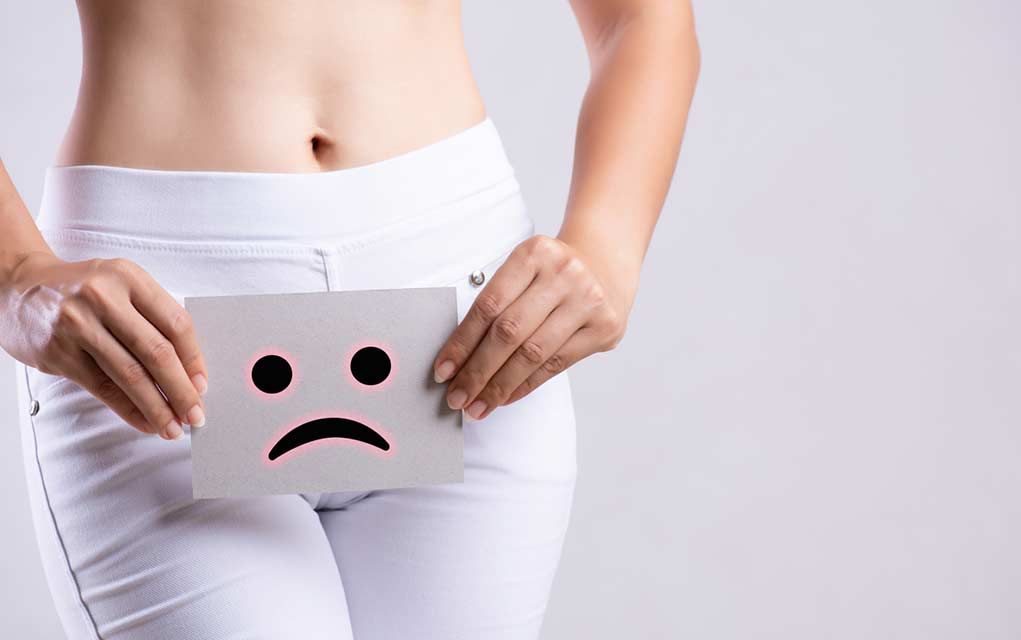The intricate balance of a woman's intimate health can sometimes face challenges, and one of those challenges is vulva dryness. This common concern affects women of various ages, causing discomfort and impacting overall well-being. Let's delve into what vulva dryness is, its potential causes, and how you can find relief.
Understanding Vulva Dryness:
Vulva dryness, or vaginal dryness, occurs when the tissues in and around the vaginal area lack proper moisture. This condition can lead to itching, burning sensations, discomfort during intercourse, and even a higher risk of urinary tract infections.
Causes of Vulva Dryness:
-
Hormonal Shifts: Menopause is a primary culprit. As estrogen levels decline, the vaginal tissues may become thinner, less elastic, and produce less natural lubrication.
-
Postpartum Changes: Childbirth, especially while breastfeeding, can result in temporary vaginal dryness due to hormonal fluctuations.
-
Medications: Some medications, including birth control pills and antidepressants, can contribute to vaginal dryness.
-
Stress and Anxiety: Psychological factors, such as stress and anxiety, can influence vaginal health and moisture.
Effects on Sexual Well-Being:
Vulva dryness can have a significant impact on sexual function and intimacy. Pain during intercourse (dyspareunia) and discomfort can lead to decreased sexual satisfaction. Addressing this concern can improve not only physical comfort but also emotional well-being.
Solutions and Relief:
-
Lubricants: Water-based or silicone-based lubricants can provide comfort during sexual activity by reducing friction.
-
Moisturizers: Regular use of vaginal moisturizers can help maintain vaginal hydration and alleviate dryness.
-
Hormone Therapy: Menopausal women might consider hormone replacement therapy (HRT) or vaginal estrogen creams, which can restore vaginal health.
-
Health Lifestyle: Staying hydrated, managing stress, and adopting a healthy lifestyle can support vaginal health.
-
Open Communication: Consult a healthcare provider to identify the cause of vulva dryness and receive personalized guidance.
Embracing Intimate Well-Being:
Prioritizing vaginal health is crucial for overall well-being. While vulva dryness is common, it doesn't need to be an enduring discomfort. By understanding the causes and exploring effective solutions, women can reclaim their comfort, confidence, and intimacy.
Statistics and Figures:
- Around 40-60% of postmenopausal women experience symptoms of vaginal dryness due to hormonal changes [source: North American Menopause Society].
- Up to 50% of women may experience pain or discomfort during sexual intercourse at some point in their lives [source: American College of Obstetricians and Gynecologists].
- In the United States, an estimated 32 million women are in postmenopausal age [source: Centers for Disease Control and Prevention].
Note: The information provided here is based on knowledge available until September 2021. For the latest updates and personalized guidance, consult reputable medical sources and healthcare professionals.





